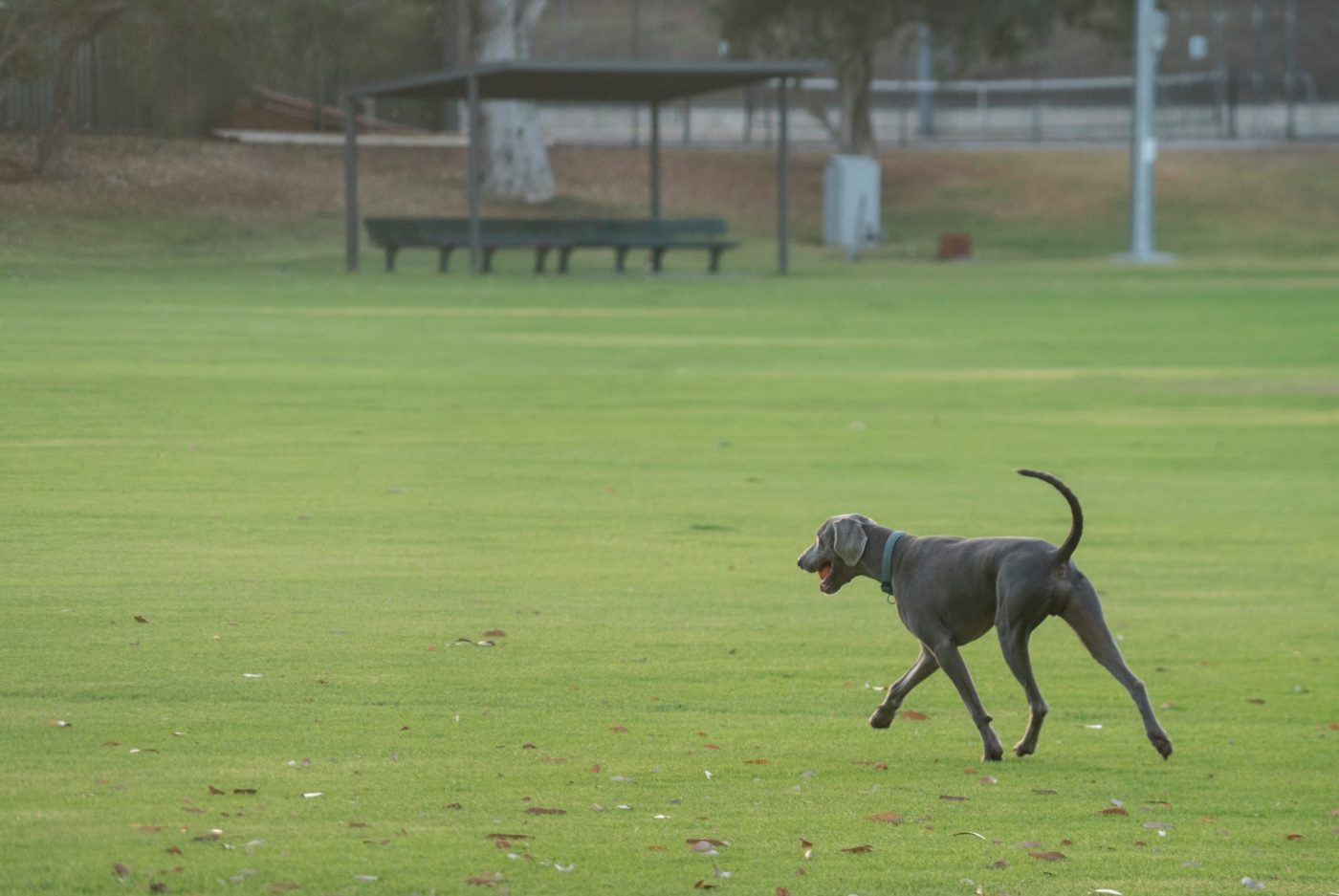|
Getting your Trinity Audio player ready...
|

Off-leash dogs on sports fields pose a serious risk to children and players, Auckland Council warns.
One Takanini resident, who did not want to be named, said a black dog roaming Pulman Park in Papakura bit and chased one of their children on May 14.
They have since reported the attack to the council.
Blind Low Vision NZ has also taken to social media with an appeal to properly contain dogs and report roaming dogs following attacks in South Auckland.
“Recent dog attacks in Māngere Bridge have highlighted a growing concern in our communities,” the organisation wrote.
“For Kiwis who rely on guide dogs to navigate daily life, the impact can be devastating. Just one incident can end a guide dog’s working life, taking away not only mobility but also a person’s freedom, confidence, and independence
“In Papakura, one of our members has had two guide dogs attacked. Another was hospitalised, and our guide dog trainers in South Auckland are now facing ongoing challenges, from off-lead dogs rushing at them to dogs jumping out of cars.”
Auckland Council says dog attacks have increased by 17 percent in the past year, driven largely by roaming dogs.
“Because our streets should be safe for everyone, especially those walking with a harness in hand. When a guide dog is hurt, it’s their handler’s freedom that’s taken away,” Blind Low Vision NZ says.
Earlier this month, Auckland Council issued a warning following a recent dog attack during a football training session at Tahurangi/Crum Park in West Auckland. Council says the incident has highlighted the serious risk off-leash dogs pose to communities.
A young girl, watching the football training with family members, was attacked by an uncontrolled dog. She will be left with a large scar and a life-long traumatic memory because of this preventable incident.
Auckland Council’s General Manager for Licensing and Compliance, Robert Irvine, says this is not an isolated incident and off-leash dog attacks on sports fields are on the rise.
“Similar situations have occurred at other sports grounds where off-leash dogs have rushed at junior players during training,” Irvine says.
“Week after week, dogs are walked off-leash across Auckland’s sports fields while children train, play, and compete; an attack can and does happen so quickly when there are kids running around and a dog is off leash.”
“This behaviour not only puts children and adults at risk of injury, but it also degrades the quality of our fields. Dog fouling on sports grounds is a persistent problem — one that poses health risks and ruins the experience for players.
Chair of the Regulatory and Safety Committee, Councillor Josephine Bartley, herself a dog owner, says it’s unacceptable to have dogs running uncontrolled across our playing fields.
“No parent wants to see their child land face-first in dog excrement while playing soccer or rugby.
“And not only children, but adults too, deserve a safe, clean environment to train and play,” Bartley says.
“Dogs must always be kept under control near playing fields. This sort of thoughtless behaviour has serious consequences; let’s keep our sports grounds safe, clean, and enjoyable for everyone.”
Auckland Council’s regional rule states that dogs are not allowed on most sports playing surfaces at any time. This includes marked football pitches. These areas are for organised sport and recreation, not dog exercise. Dogs may still be allowed away from playing surfaces, including on a leash, on the sidelines when a sport is being played. Alternative off-leash dog parks and spaces are provided away from playing surfaces.



